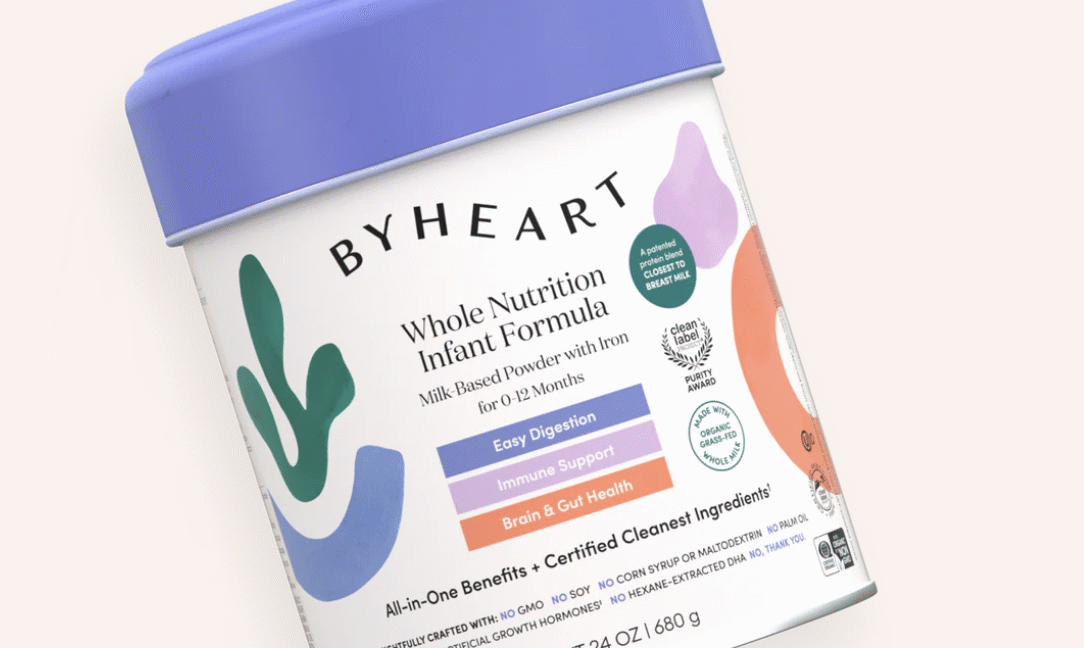Copyright Ars Technica

The maker of a specialty baby formula that touted having the “cleanest ingredients” and a “Purity Award” is recalling all of its products and lots amid an ongoing, multi-state outbreak of infant botulism. The outbreak was initially announced over the weekend by California and federal health officials. At that time, 13 cases of infant botulism had been flagged across 10 states. But on Tuesday, the outbreak expanded to 15 cases in 12 states. All 15 infants have been hospitalized, but no deaths have been reported. The California Department of Public Health (CDPH) was the first to flag the outbreak. The department is the world’s sole source of the infant botulism treatment called BabyBIG, which is made of human-derived anti-botulism antibodies and is effective at easing symptoms and shortening recovery times. California health officials noted an unusual uptick in case reports and found they were linked to a specific formula: ByHeart Whole Nutrition Infant Formula. The department then did its own testing of some leftover formula, which was positive for the bacterium that causes botulism, Clostridium botulinum. “Infant botulism is a very rare disease that occurs when babies inhale or swallow spores of the toxin-producing bacteria that cause infant botulism, which leads to progressive muscle weakness including trouble breathing if not treated in time,” CDPH Director and State Public Health Officer Erica Pan said in a statement. “We are urging parents to stop using ByHeart formula immediately.” ByHeart response ByHeart voluntarily recalled two lots of its Whole Nutrition Infant Formula on November 8. But Tuesday, with the two new cases in two more states and more discussion with the Food and Drug Administration, the company issued a sweeping recall. “[W]e have decided to voluntarily recall all ByHeart formula nationwide—this includes both our cans and our single-serve Anywhere Pack™ sticks,” ByHeart’s co-founders Mia Funt and Ron Belldegrun said in an announcement on the company’s website. While the pair said the move was to “ensure your baby’s safety,” they noted that neither the FDA nor the Centers for Disease Control and Prevention has confirmed the presence of bacterial spores or toxins in any unopened cans of ByHeart formula. Prior to the new cases, ByHeart seemed to push back on taking the blame for the infections, suggesting the bacteria could have been introduced to the formula after it was opened. In an open letter to the FDA on Monday, the company wrote that the agency should conduct testing on unopened batches of formula from the two initially recalled lots. “Testing unopened cans will provide reliable evidence that will help bring clarity to families who are understandably concerned,” ByHeart and its founders wrote. They added that “no US or imported formula is required to be tested for Clostridium botulinum.” The decision to recall everything came after the cofounders spoke with the FDA late Monday night. Despite the lack of a positive test from an unopened can, there were “still too many unanswered questions” to avoid a larger recall, the co-founders said. ByHeart markets its formula by touting high-quality ingredients, “rigorous quality and safety testing,” and purity, saying it’s tested for over 700 contaminants. The company’s products are niche, accounting for an estimated 1 percent of infant formula sales in the US, according to the FDA. The small market share made it easier to flag them as potential culprits in the uptick in infant botulism cases. Babies given ByHeart formula accounted for over 40 percent of this year’s infant botulism cases that had exposure to any powdered formula. The company has also previously run afoul of the FDA. In 2023, inspectors found significant safety violations at a contracted manufacturing facility. Infant botulism The US sees around 100 cases of botulism in infants each year. The potentially deadly disease is caused by a potent neurotoxin produced by Clostridium botulinum and related species. These bacteria can form hardy spores that are ubiquitous in the environment, including in dust, water, and soil. When the spores germinate, the growing bacteria produce the toxin. This toxin can kill by blocking the neurotransmitter acetylcholine in motor neurons that would activate muscle movement. The result is flaccid paralysis that spreads down the body. People can develop botulism in a variety of ways, including via infected wounds or by inhaling spores. Generally, foodborne botulism occurs when people eat the toxin directly, such as in improperly canned foods where the bacteria grew. But babies have their own unique form of botulism when they ingest just the spores. In humans older than about 12 months, the stomach’s acidity is usually enough to kill off botulism-causing spores. But infants have lower gastric acidity, and their immune responses and protective gut bacterial communities aren’t fully established yet. Thus, if they ingest the spores, the bacteria can start growing in their gastrointestinal tracts—and start producing toxin, causing infantile botulism. Symptoms usually develop 10 to 30 days after ingestion. About 70 percent of all botulism cases are in infants. Honey is one of the most well-known sources of botulism-causing spores for infants, accounting for about 20 percent of cases. But environmental sources are also key culprits, such as living near construction sites as well as dust debris from vacuum cleaners. The common early symptoms of botulism in infants are constipation, poor feeding, loss of head control, and difficulty swallowing. As the disease progresses, shallow breathing and overall floppiness develops. About half of all babies with botulism will need to be intubated, even if they’re treated with BabyBIG. A century ago, infant botulism had a 90 percent fatality rate, but today most infants make a full recovery, though it can take weeks to months.



